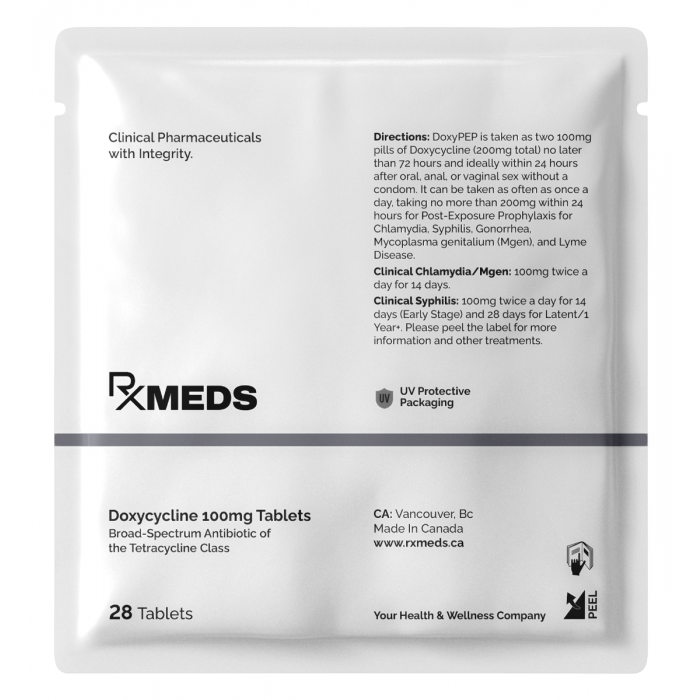 |
|
5 Customer Review
I’m thrilled with the results of this product! My Metformin arrived incredibly fast, the discreet packaging was perfect!
Checkout using your account
Checkout as a new customer
Creating an account has many benefits:

In stock
Anthrax is a rare but serious bacterial infection caused by Bacillus anthracis, primarily affecting those who handle animal products, though it can also be spread through inhalation, ingestion, or skin contact with spores. The disease has multiple forms: inhalation anthrax, cutaneous anthrax, and gastrointestinal anthrax, each with unique symptoms but severe, life-threatening implications if untreated. Recognized for its potential as a biological weapon, anthrax requires rapid intervention after exposure to minimize risks.
Post-exposure prophylaxis (PEP) for anthrax aims to prevent infection following exposure to anthrax spores, especially critical in high-risk situations or outbreaks. Antibiotics are the mainstay for PEP, effectively halting bacterial growth and reducing the risk of systemic infection. Key antibiotics used include Ciprofloxacin, and Doxycycline, which are effective against anthrax when administered promptly and for an extended course.
In addition to antibiotics, antitoxin treatments such as Anthrax Immune Globulin or monoclonal antibodies like Obiltoxaximab and Anthim target toxins released by B. anthracis, which cause significant damage to the body. These agents are often reserved for confirmed cases or patients at high risk of systemic anthrax.
The recommended course of antibiotics typically lasts 60 days, with initial intravenous administration in severe cases, transitioning to oral therapy as symptoms stabilize. This extended duration is essential as anthrax spores can remain dormant in the body, activating later if untreated. Pregnant women, children, and immunocompromised individuals may require adjusted dosages or alternative therapies based on their unique health needs.
In cases of anthrax exposure, quick response with antibiotics, possibly combined with antitoxin therapies, can prevent progression to severe illness, making PEP a critical step in managing anthrax outbreaks and exposures.
The standard PEP course typically lasts 60 days due to the risk of delayed spore germination.